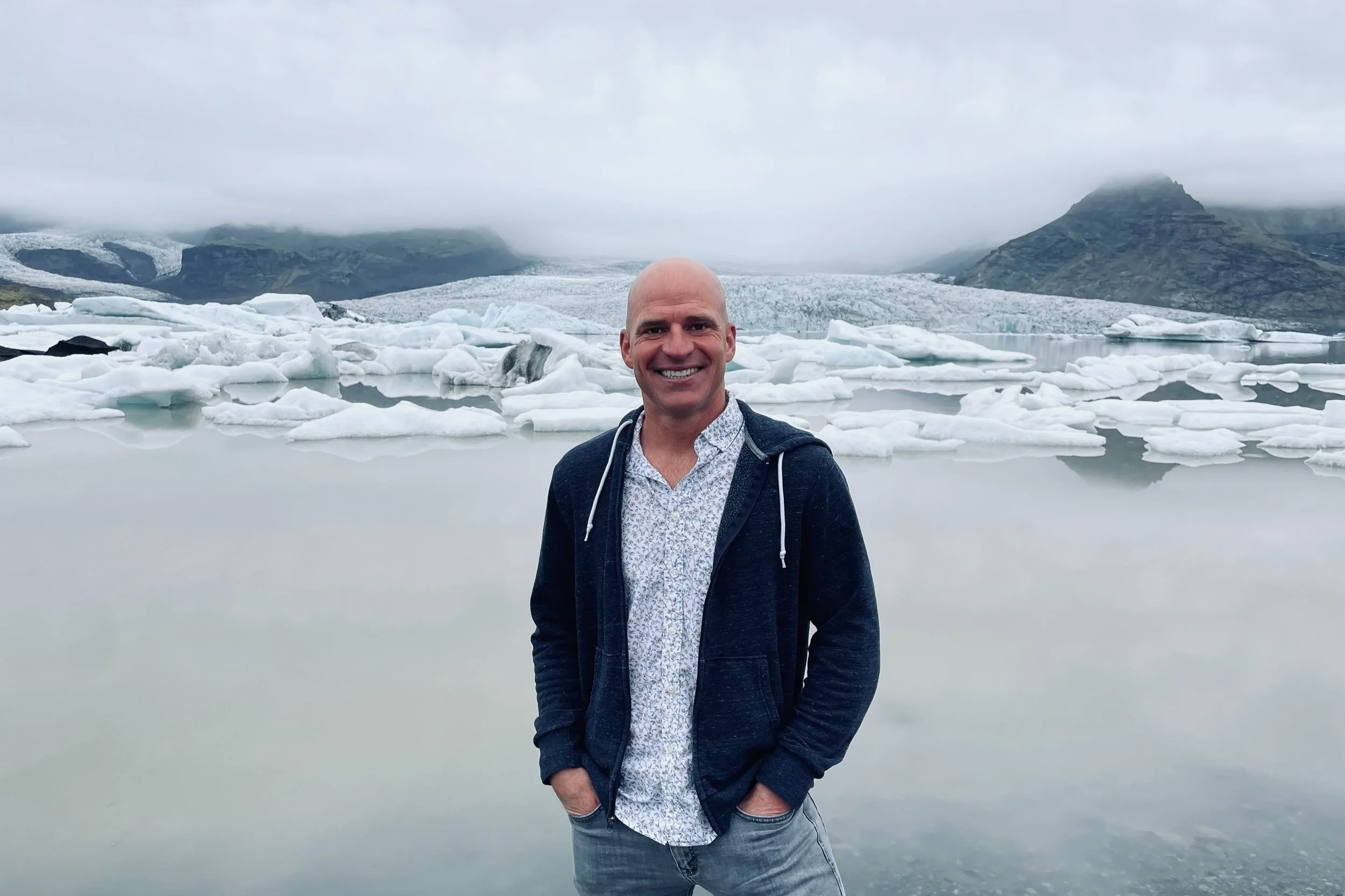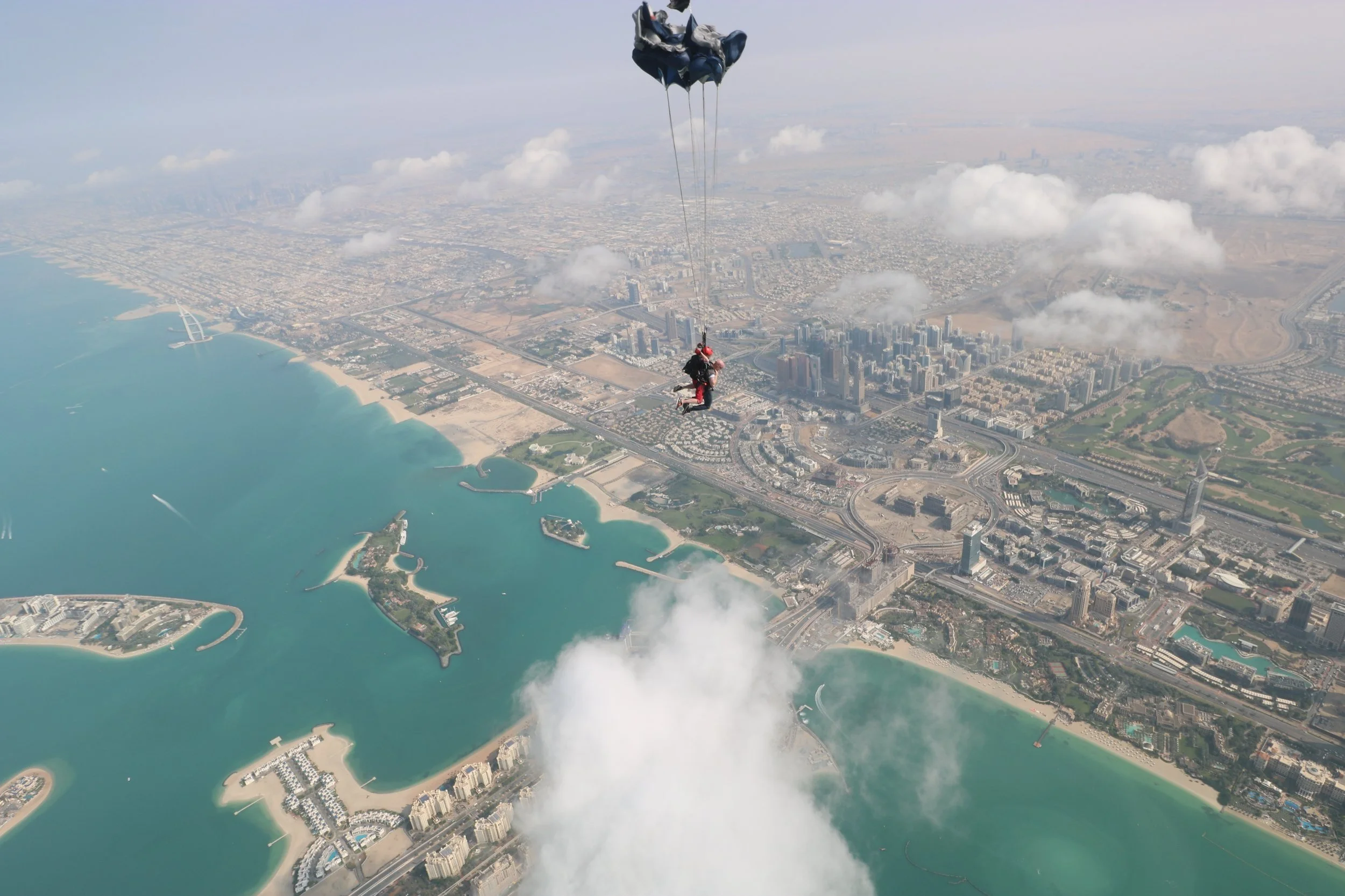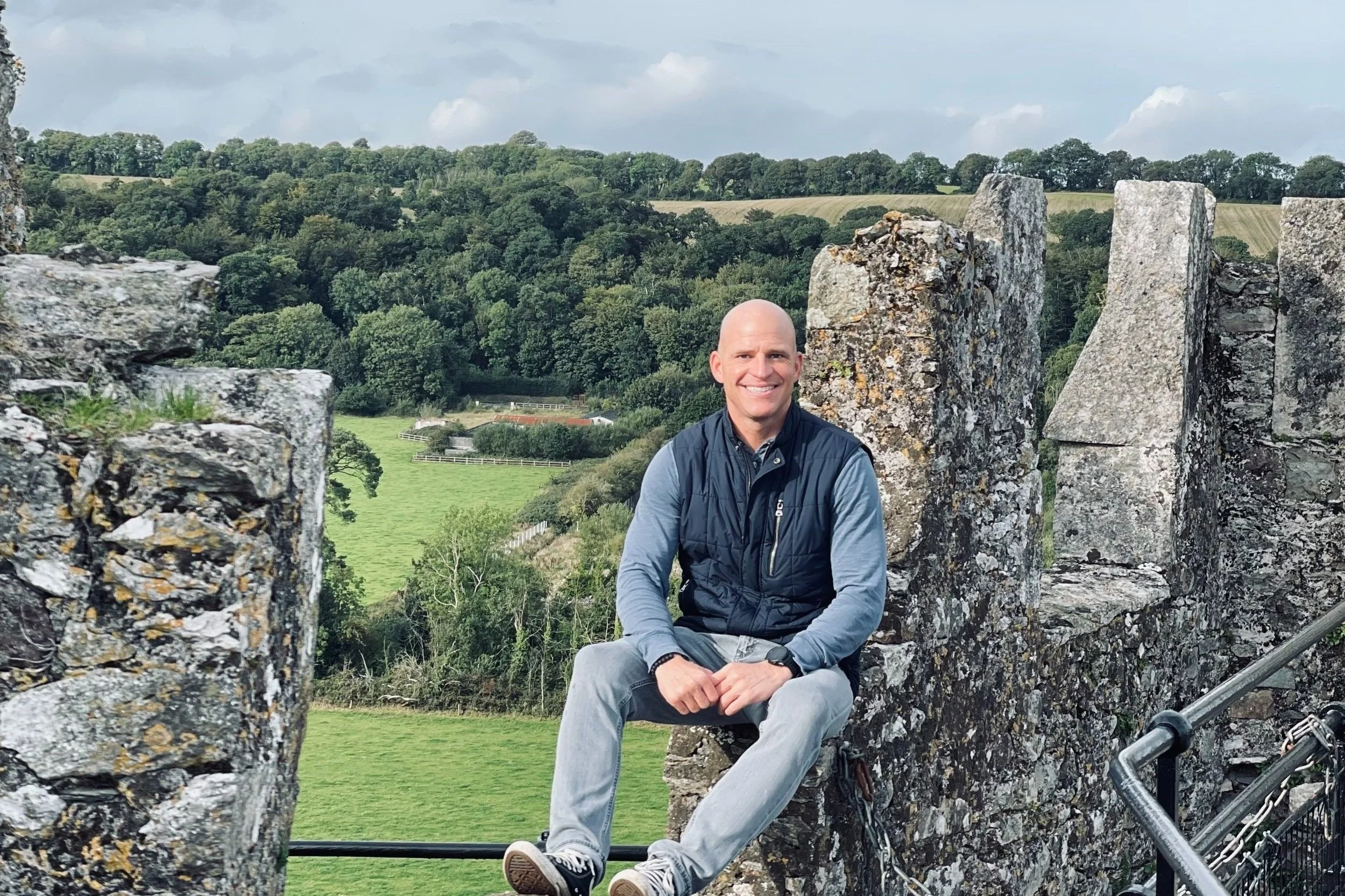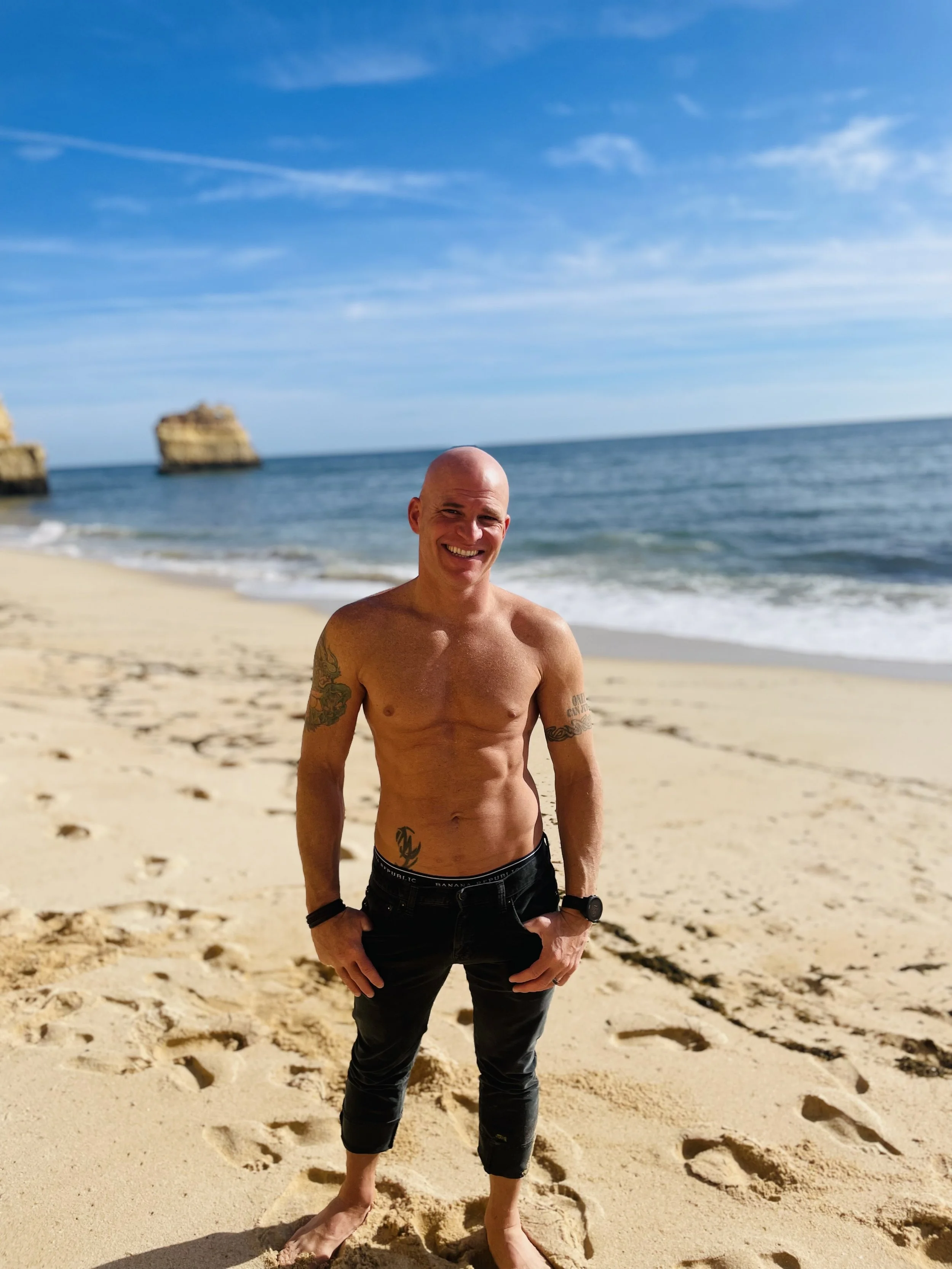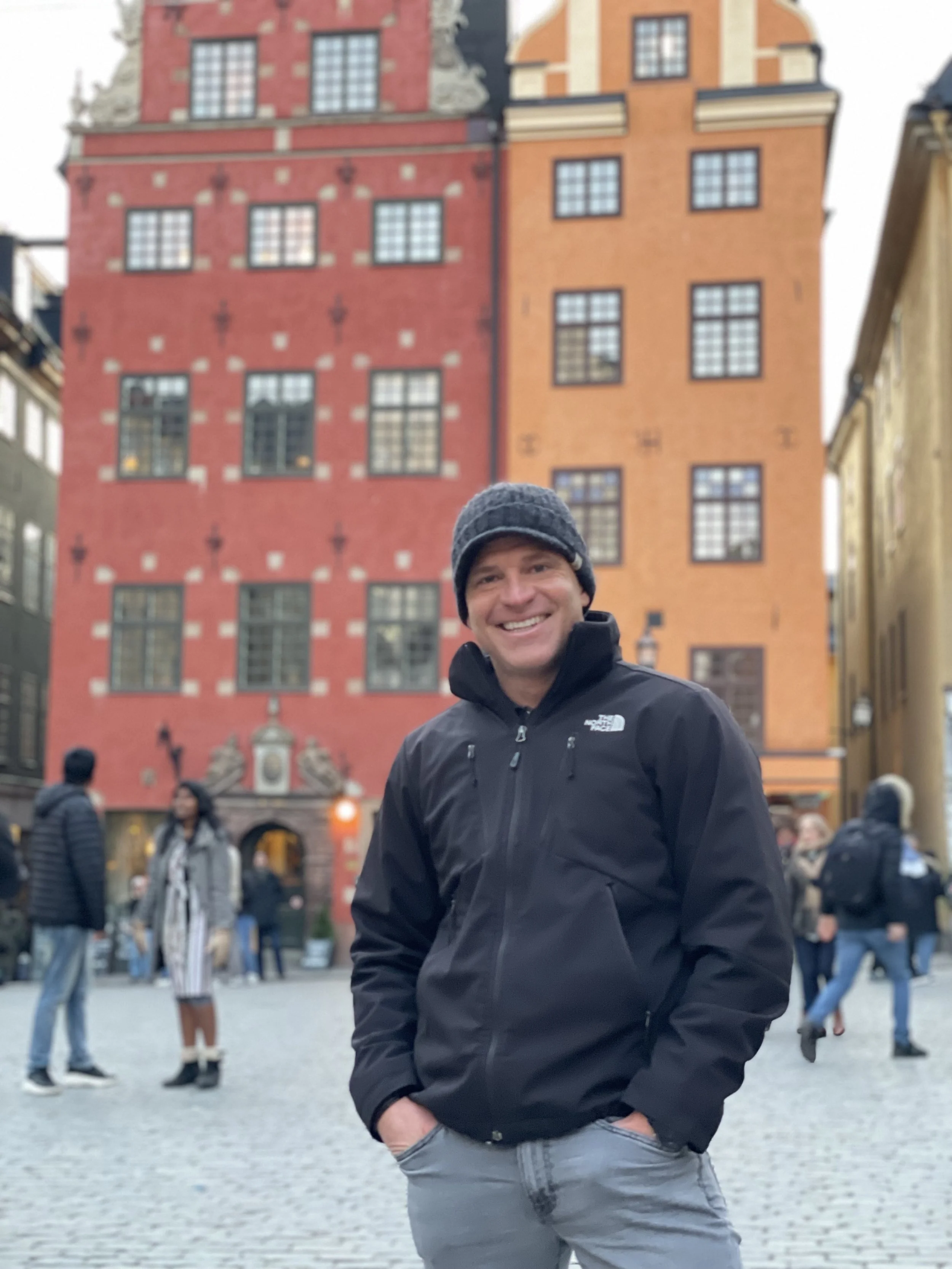“Life is either a daring adventure or nothing at all.”
Helen Keller
My goal is to visit 50 countries by 50 years old.
When we die, the only thing we can take with us is our souls. I want a life full of rich experiences and meaningful relationships. Travel helps me to accomplish this and makes me a more empathetic person.
I’ve been to
Thirty Nine
I don’t just travel to see, I travel to become. Click below to explore my key learnings from each country I have visited so far.
-
During this trip I visited a massive utility-scale solar project that our company was building in the middle of the Australian Outback. During this period, I learned that there are nearly one billion people in this world that don’t have access to electricity. There are better ways to power the world in a clean, sustainable manner. We must protect this precious earth that we have so that future generations can share the same benefits (or better) than those that we are privileged to experience. I also learned about throughput and how great project management and organization can lead to massive productivity improvements, optimization, and value creation. For example, with this particular project if we saved just one minute per solar panel installation, we would save 16,500 labor hours! Therefore, whether building a project or managing our lives, every minute counts and we should look for the most effective ways to do things to drive greater value.
-
-
-
Sometimes in life we find ourselves on the ground, sitting there and settling for the conditions that we believe we’re stuck in. However, it’s in these moments that we must remember that we have self-worth and we must get up and stand with dignity. We must not settle and wallow in filth, but rather remember our true value and uniqueness as humans. We must be confident that there’s a path forward and if God could get me across a rural border in Bosnia, one that was closed to non-local traffic and should have been impassible, he can get me through any circumstance I may find myself in the future.
-
I find it interesting that we can look the same, grow up with the same brands (mostly), and share the same continent, but be wildly different based on our cultures. The same thing is true in life with people. That’s why empathy is so important because even in our own families where we grow up together and share similar experiences, we all interpretate our experiences uniquely and see the world through a different shade of lenses. I learned that even if we look the same on the outside, we are vastly unique and therefore we should be kind and patient with others.
-
A plantain is not a banana. In addition to this unfortunate discovery on the way to the gym, I learned that differentiation comes from doing the same things but differently than others or doing different things all together. Life and business is not about being better than another, it’s about being different. Contrast is a powerful tool, and if applied correctly, it can illuminate our unique abilities and teach us what we truly want during this short existence on this earth.
-
We should love what we do because life is too short. In Chile I met a man named Peter who gave up his corporate career in media to pursue a simpler life in Santiago. He started a bike touring company called Bicicleta Verde, simplified his wardrobe (like Steve Jobs) to free up his headspace, and focused on connecting with people. I loved his courage to leave the mainstream and stop living the expectations of others to pursue his true purpose and calling in life. When I find myself waking up and dreading what I need to do that day for too many days in a row, I know it’s time to change. May I always have the courage to follow my heart and pursue the things and people I love.
-
Don’t ever do something to someone that would cause them to lose face. This means keeping others from losing respect for oneself or to avoid embarrassment, or Miànzi. Next, the United States is just a baby compared to other civilizations that have been around for thousands of years. Therefore, the western way of doing things is not always better and we should be open to learning from those who differ in their methods, thinking, and cultures.
-
Planning for the future is important, but too much planning may be a sign of an unbeliever—one who lacks faith. No one knows the future and all we can truly see is what is right in front of us. I am a planner and I like to have everything neatly organized on my calendar. However, I have learned that some of the best things that have ever come into my life were nowhere written in my goal book. So, I have learned that I must be prepared for the future and constantly build my skills so that I am ready for whatever opportunities present themselves, but at the same time I must be flexible. Then when my flight gets canceled and I can’t leave the country, I can feel peace and calm and adapt quickly. This is similar to other situations in life that don’t work out in the way that I thought or would like them to go. By remaining flexible in my planning I can capitalize on other opportunities in the unknown and still be resilient.
-
Item description
-
-
Item description
-
This trip was special to me because not only was it a humanitarian project where I had the opportunity to work side-by-side with 20 young adults, but I also found tremendous healing by building an addiction recovery center for women. My dad never had the opportunity to benefit from an addiction recovery center before passing away. I also have a tender spot in my heart for women because I was raised by a single mom and sisters who were very protective of me. Therefore, combining social impact (which I love) with a super meaningful project, an addiction recovery center for women, was very meaningful for me. It also opened my eyes to the importance of pursuing things with intention that are meaningful and impactful to both me and the world.
-
-
Item description
-
-
There are two different ways to account for time—relative and absolute. Not every culture ascribes the same meaning to time. In some countries like Guatemala, time is more relative and 2pm may actually translate into 2pm plus or minus 30-45 minutes. Whereas, in an absolute culture, 2pm is 2pm. Regardless of how one views time, it is such a valuable commodity and this is one thing in life where equality is perfect. We all get the same amount of time—it’s up to us how we use it. Time is worth so much and we should be super protective of every single minute of life that is gifted to us. With those we care about love is really spelled T-I-M-E. Taking time for those who matter most is the key to a successful, happy life.
-
The worth of every soul is so great. We should celebrate diversity and not be afraid of the differences that make us all unique. We must not be afraid to speak up and stand for what is right. If we don’t stand up for others, who will stand up for us when there’s no one left to defend us? It’s OK to leave the crowd and go on a date with ourselves. I did this while I was in Berlin, treating myself to dinner and some ice cream while enjoying the peace and beauty of a summer night alone. Also, I did a lot of running in the park—Tiergarten, and fell in love with the smell of Linden trees in May.
-
-
-
-
This was a significant trip for me because I was dealing with some really hard things in my personal life which required me to forgive and let go.
The nature of life is that everything is impermanent, imperfect, and incomplete. Everything in nature is constantly evolving and so are we, thus we’ll never be perfect. Nothing ever stays the same and trying to hold onto the past or the present is pointless and stressful. Be open and remember that life is happening right now
When our heads can’t find answers, we must trust that our hearts know the way. Perfection is a myth, we are perfectly imperfect as we are right now
Whatever happened in the past, good or bad is gone. We need to take time to make peace with the things we struggle with, then let them go.—write it out, then pick a day and decide to leave it in the past. It’s only us who is giving these issues attention. The past was what it was and today is what it is today.
Recognize what we have, accept it, trust it, and embrace it.
We must surrender to the truth of what’s going on in our lives, then play an active role in deciding what’s next .
Imperfection is not the opposite of perfection. Instead it’s the realization that we don’t know it all, but we don’t need to know everything. We don’t have it all but we don’t need it all-we have enough. We’re not all things to all people but we don’t need to be. We are doing the very best we can to be all we can be to those who matter. We are enough!
Imperfections are the doorways to new learning opportunities, experiences, conversations, and connections.
Realize what is happening (observe it don’t resist it), determine how much it matters (if at all), accept this is the beginning of all that is to come and decide what we’ll do next.
Be grateful for what we have, let go of any expectations of things that have not happened, open our hearts and minds to whatever might unfold.
-
-
-
-
Happiness doesn’t come through the accumulation of material things. The first time I went to Mexico I watched kids play in the street by kicking a can. They were so happy and were having a ton of fun--and they didn’t need a soccer ball to do it. Accumulating things may be fine at times but if it becomes too much it distracts us from the most essential things in life. Instead of finding joy in things, I want to find joy in relationships.
-
Even when the journey seems long and we get tired, we must keep going and not give up. While driving to Kotor, traffic was heavy and exhaustion was weighing on me. Still an hour away from our destination, I was ready to turn the car around and return to Dubrovnik. However, my wife reminded me to push forward and keep going. I’m glad we did because Kotor was such a cool town and there were many hidden treasures tucked within the narrow alleys and cobblestone streets—like an amazing bistro, great shopping, and hand crafted gelato. So when we get tired and want to turn around, we must keep pushing forward because the prize is often worth it.
-
Item description
-
-
Education is power. The Incas understood this and during their reign they used simple ways to educate the people on the most critical parts of societal living--including using the hands and specifically knuckles to teach about the calendar. We must value education and constantly seek for opportunities to learn through travel, talking with other people, and reading. When we change our mindset and learn new things our lives will transform radically. If we want to see improvement in our lives, the quickest path to success is transforming our mindset and the way we see the world.
-
Item description
-
-
Item description
-
Item description
-
-
-
TBD


